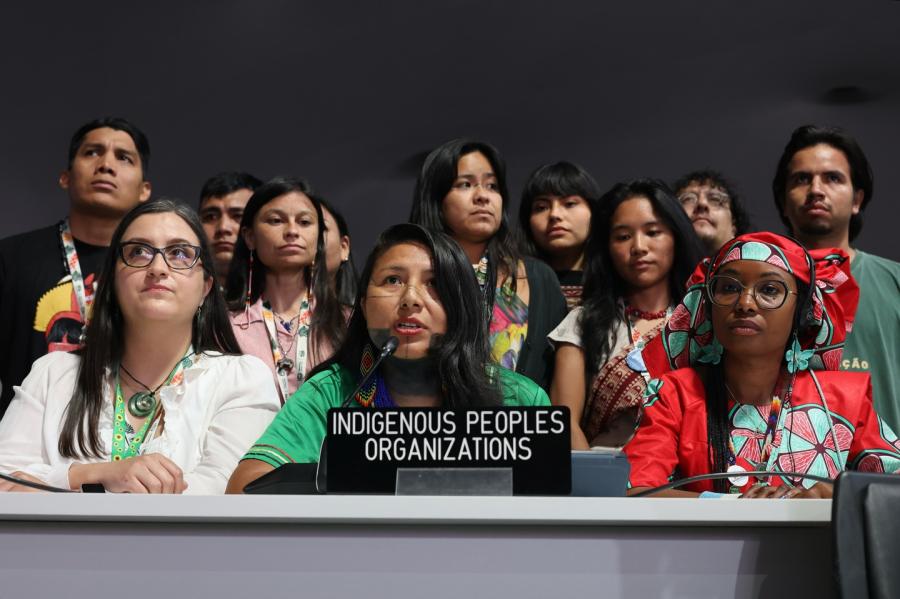Development as Freedom
By Amartya Sen
Anchor Books/ Random House 1999
ISBN 0-385-72027-0
Reviewed by Raymond Coderre
In the mid-1970s, noted American political scientist Seymour Lipset concluded that “the more well-to-do a nation, the greater the chances it has of sustaining democracy.” Lipset’s assertion was based on numerous empirical studies conducted under the auspices of the Hoover Institution, and has since found its way into the dominant canon of political and economic development.
Thirty years later, the same issues addressed by Lipset in his monumental study continue to prove difficult terrain for development experts, as well as for development subjects. These issues, albeit categorized into new discourses and scopes of academia, move beyond the traditional sense of development, toward a more inclusive understanding of the underpinnings of development and its direct impact on collective and individual freedoms. The debate has shifted from one of oppositional ideology to one that is much more complex, involving numerous subjective variables and social implications. Frequently raised questions include those of social development, equity, and the distribution of wealth, and often critique not only the effect of the current developmental paradigm, but also its very existence.
Contributing to this debate is Amartya Sen’s Development As Freedom, which moves beyond the dominant developmental paradigm by asserting the need for a new means of interpreting the relationship between development and freedom. Sen’s basic premise asserts the dialectical relationship between development and freedom, and in essence “a view of development as an integrated process of expansion of substantive freedoms that connect with one another.” According to Sen, these freedoms are access to health care, education, political dissent, economic markets, and equality, and each freedom encourages the development of another. Sen depicts this process of the “expansion of substantive freedoms” as “both an ends and a means of development,” and therefore promotes a dialectical understanding of development, whereby political, economic, and social freedoms “link with each other and with the ends of enhancement of human freedom in general.”
This approach enables Sen to appreciate the vital roles town markets and civic organizations—as well as the prevailing social norms inherent within defined communities such as these—play in discerning impediments and instigators of collective and individual freedom. As Sen notes, “People are only free where they can provide for their basic needs and realize their innate abilities.” These abilities largely rely on access to resources and the ability to utilize them in a means conducive to the development of individual freedom. Development, therefore, as posed by Sen, provides a fertile base for the establishment of democratic ideals and freedoms, while at the same time further increasing the levels of political, social, and economic development.
This realization sets Sen’s interpretation against mainstream dogma, although not in a confrontational manner. By calling into question the numerous “unfreedoms” perpetuated by contemporary neo-liberal developmental models, and thereby demonstrating the need to enable people “to develop their abilities free from the scourges of poverty, inequality and repression,” Sen seeks not to alienate proponents of the traditional “hard-knocks” approach, or at the same time radical grassroots approaches, but to construct an interpretation that advocates a mutually beneficial or “middle-way” approach when confronting development.
This attempt to build bridges between opposing ideological camps while stressing mutual benefit lies at the heart of Sen’s contribution. Sen repeatedly confronts key issues, often articulating them in terms that are reassuring to those on both sides of the ideological divide. For example, although Sen affirms the extensive use of markets, acknowledging their necessity in promoting economic development, thereby paying heed to the economic behemoths of the corporate realm, he nevertheless also asserts that those same “markets need to be supplemented with social safety nets.”
Sen also appropriates mainstream concerns with those of the periphery when he addresses other normative concepts of freedom, such as human rights, issues of population growth and famine, and issues of Western decision-making processes.
Drawing on the numerous benefits of securing human rights, Sen argues that the more rights are observed, the greater the feasible levels of political and economic development a region may sustain. Yet Sen also notes that economic development does not always favor the development of democratic freedoms, as in the case of the Asian Tiger. This example “makes for devastating criticism of authoritarian regimes that use development as an excuse for tyranny, and the curtailing of personal freedoms of the people.”
In another example, Sen portrays famine as a result of government mismanagement, and not of a decline in food availability. He says that famines are often directly linked to the existence of social and political injustices and that “no famine has ever occurred in a democracy.”
Despite this apparently well-constructed rationalization, Sen is guilty at times of catering to the mainstream. Although he seeks to provide an objective understanding of the developmental dialectic, at times he ignores the main structural and institutional impediments inherent in the contemporary world. In the case of famine, Sen fails to address the inequality posed by organizations such as the International Monetary Fund and their role in promoting the decline of local agricultural dependence.
Sen’s argument can both positively and negatively affect the pursuit of human freedom. By appropriating the peripheral ideas of radical grassroots proponents into the mainstream, Sen may just encourage a minimal adherence. On the other hand, the combination of peripheral ideas with those of the dominant paradigm may enable the construction of a new epistemological basis, which projects a more compassionate and subjective approach to development. Either way, Development As Freedom is a monumental work, capable of redefining the manner in which the developmental dialectic asserts itself, and the manner in which human freedom is forever conceived.
Raymond Coderre is a student at Green Mountain College and a Cultural Survival intern.



